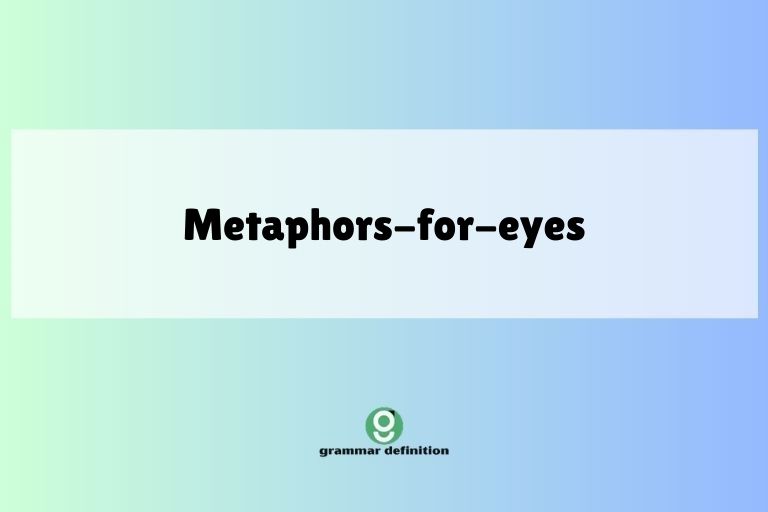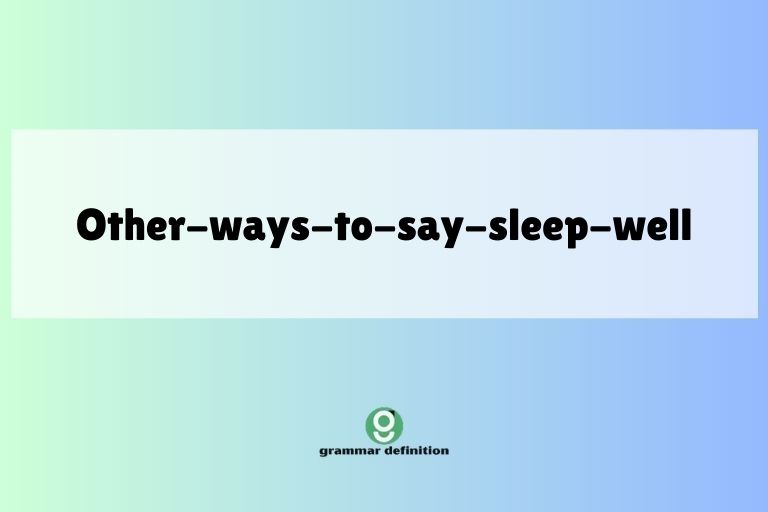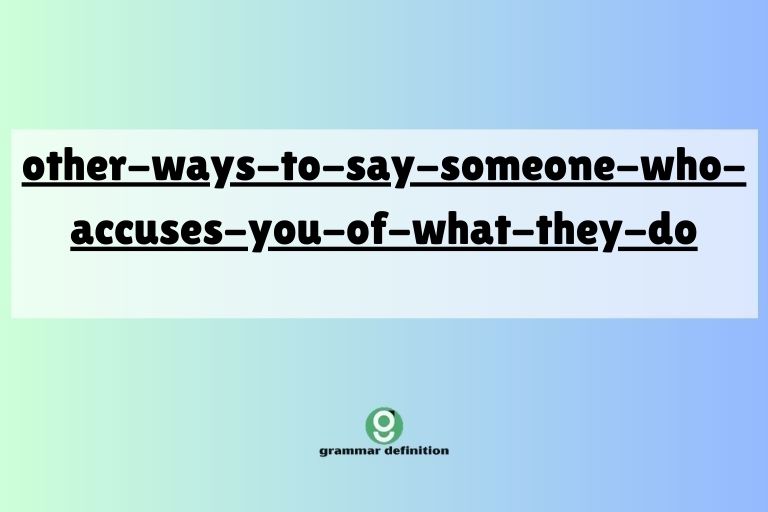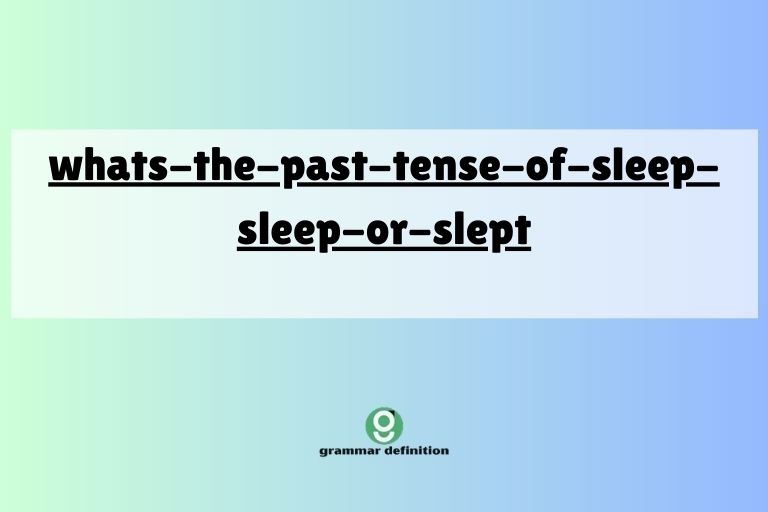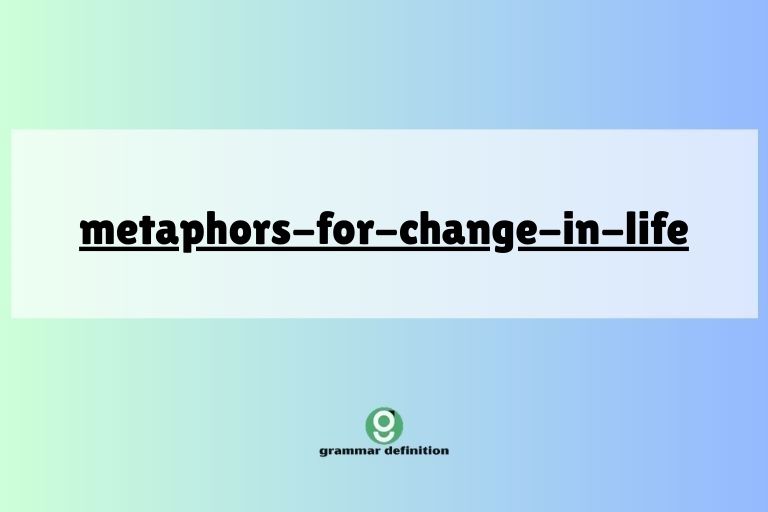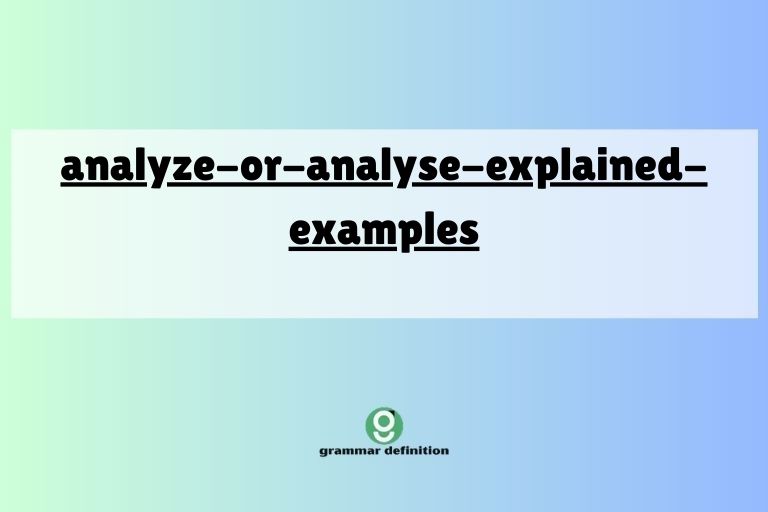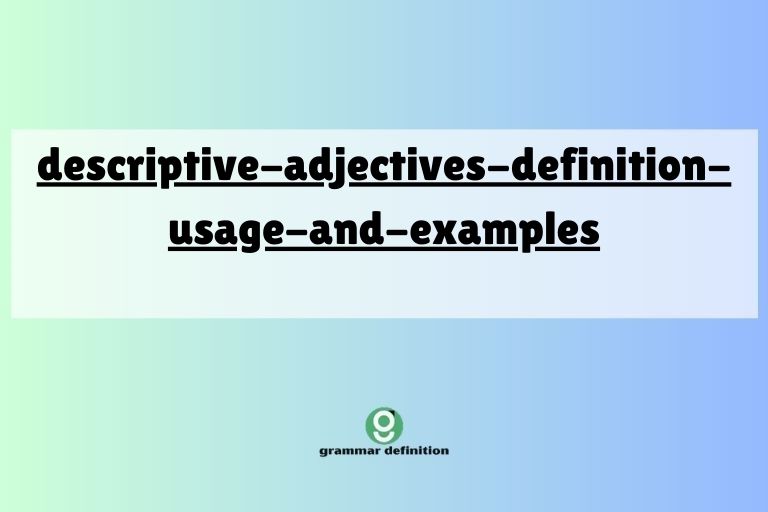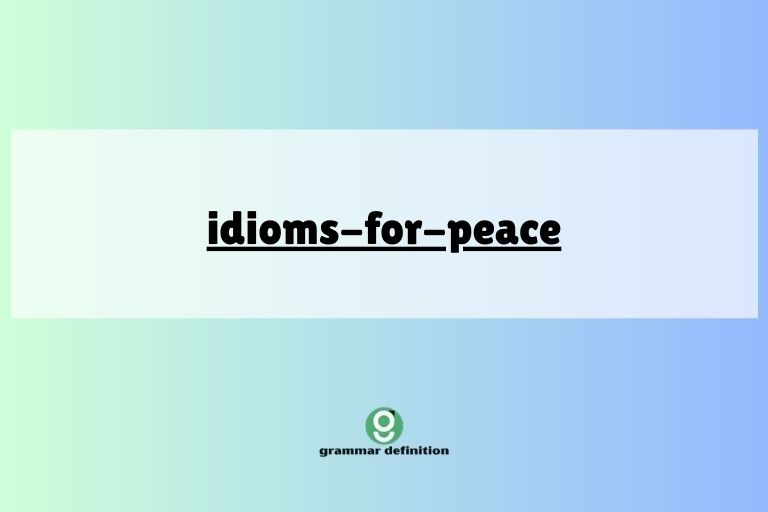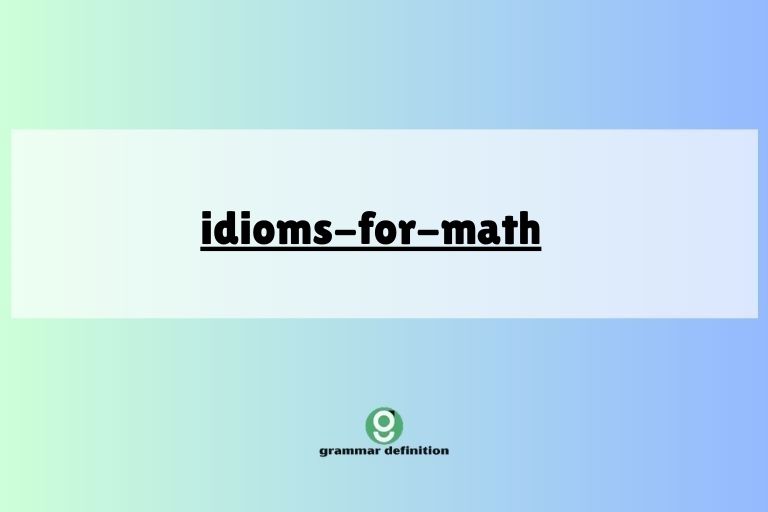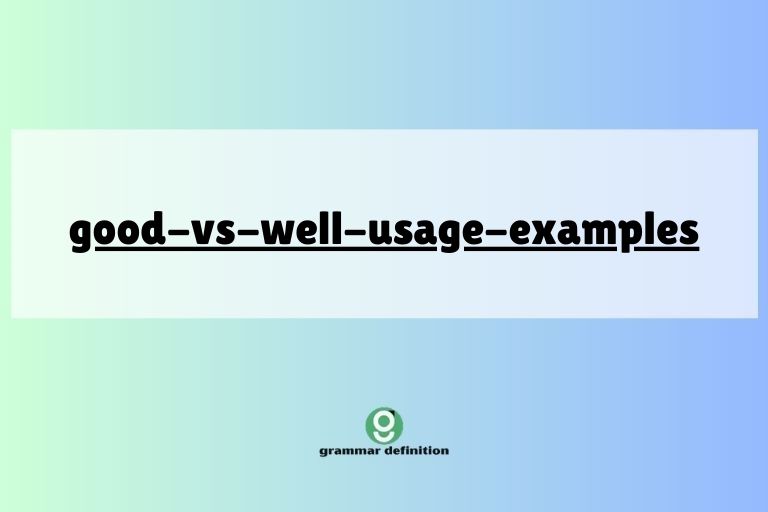Eyes as Windows: Mastering Metaphors for Describing Eyes
The eyes, often called the windows to the soul, hold a profound significance in language and literature. Mastering the art of using metaphors to describe eyes can significantly enhance your writing and communication skills. This article delves into the fascinating world of eye metaphors, exploring their definition, structural components, various types, usage rules, common mistakes, … Read more

